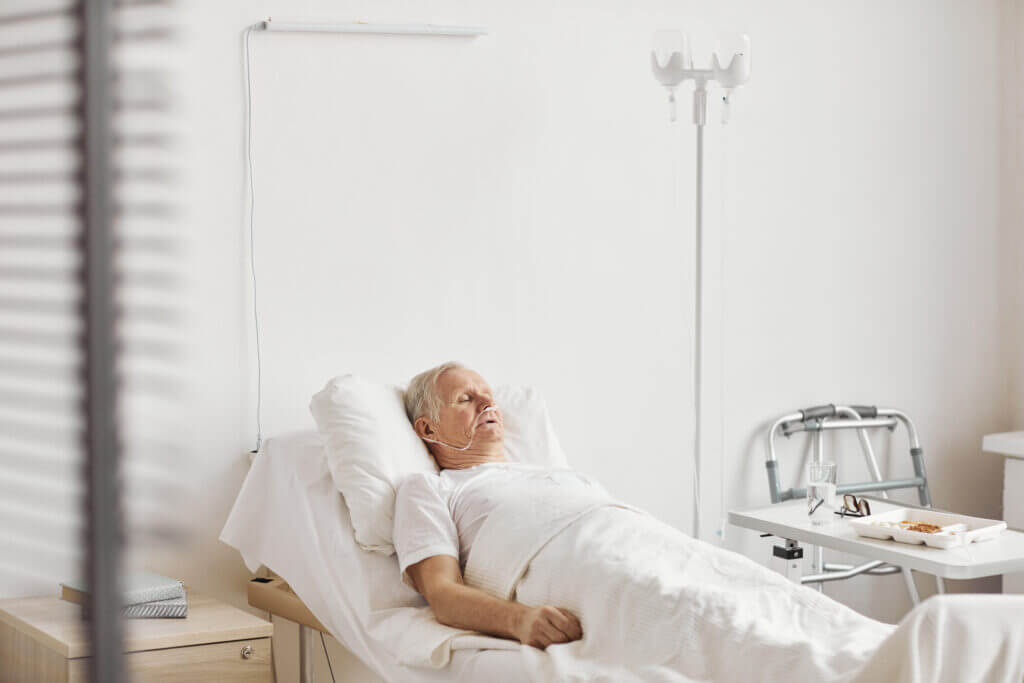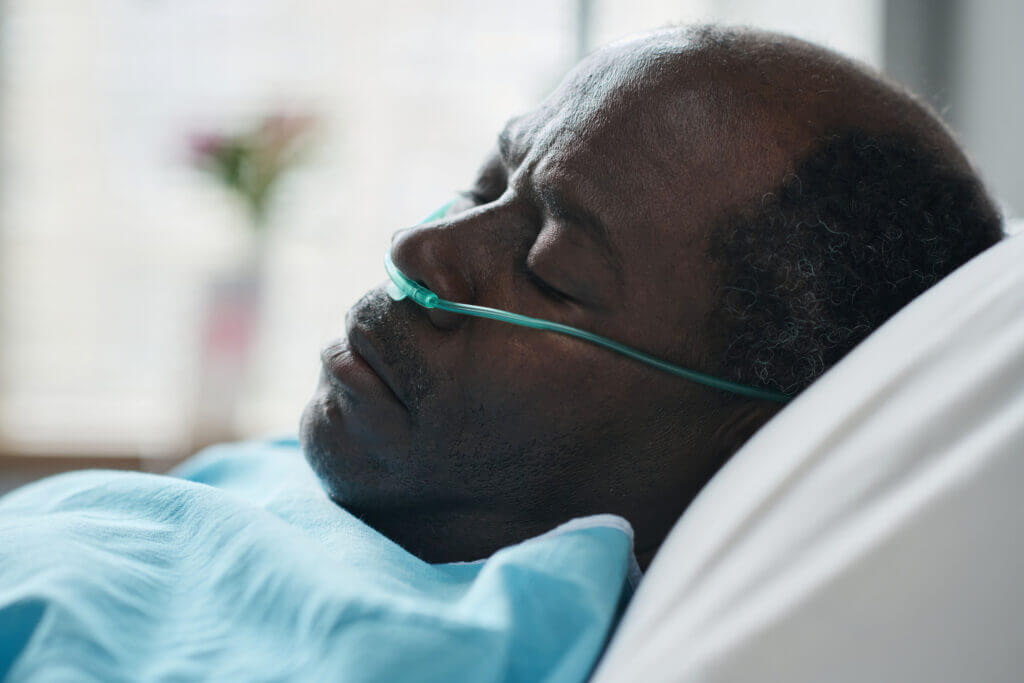We expect the nurses and ancillary staff members at nursing homes to take diligent care of our loved ones and other residents at the facility. Unfortunately, that is not always what happens. When nursing homes and other long-term care facilities are understaffed, lack proper training, or fail to run background checks on employees, this creates a breeding ground for abuse and neglect. One such abuse is using unnecessary drugs on patients to sedate them, so they are easier to control.

What Are Chemical Restraints?
A chemical restraint is when a drug or a combination of drugs is used to restrict or sedate a patient to make them easier to manage. These drugs are often used to calm or control a patient’s behavior, especially patients whom staff members find difficult or combative. Chemical restraints often restrict a patient’s movements or cause the patient to be more submissive.
An investigative report by AARP found that 179,000 residents in nursing homes across the U.S. each week are given powerful antipsychotic drugs that are not approved for their condition. Despite some progress to keep this from happening, AARP found that 16% of nursing home residents in 2018 were still being given these drugs inappropriately and unnecessarily.
“The antipsychotics carry a black box warning cautioning against their use for frail older people or patients with Alzheimer’s disease or dementia,” the report reads. “The Food and Drug Administration cautions that antipsychotic drugs are dangerous and possibly fatal for people with dementia, increasing the risk of falls, stroke, diabetes, heart attack and death.”
A History of Results
We have an established track record of bringing our clients results they expect and deserve. We have recovered over $1 billon for our clients, and we know how to fight the insurance companies.
Examples of Chemical Restraints

Antipsychotics and benzodiazepines are often used as chemical restraints because they are potent and take effect quickly. Other drugs such as antidepressants or mood stabilizers may be used as chemical restraints. Sometimes, it’s a cocktail of these types of powerful drugs. This can be extremely dangerous, especially when a patient is older, ill, has an underlying condition, or is on other prescribed medications. Some examples of the drugs sometimes used as chemical restraints include:
Antipsychotic Drug Examples
- Quetiapine fumarate (Seroquel)
- Aripiprazole (Abilify)
- Risperidone (Risperdal)
- Olanzapine (Zyprexa)
Benzodiazepine Drug Examples
- Alprazolam (Xanax)
- Chlordiazepoxide (Librium)
- Clorazepate (Tranxene)
- Diazepam (Valium)
- Halazepam (Paxipam)
- Lorzepam (Ativan)
Mood-stabilizing drugs such as Lithium, Carbatrol, Epitol, Equetro, Tegretol, or Depakote may also be used as a chemical restraint. Antidepressant drugs may include Prozac, Paxil, Celexa, or Zoloft.
Effects of Chemical Restraints
The effect of chemical restraints on a patient depends on a variety of factors like:
- The age of the patient.
- The health of the patient and whether they have any underlying conditions.
- Whether the patient is already on other medications, especially drugs that may have an adverse effect when mixed with other drugs.
Chemical restraints often have negative side effects. They can lead to a decrease in cognitive function. They can also lead to issues such as confusion and/or agitation. Below is a list of potential side effects of chemical restraints.
Side Effects of Chemical Restraints May Include:
- Decreased cognitive function.
- Memory loss
- Falls/fractures or broken bones
- Dizziness
- Difficulty walking or balancing.
- Nausea
- Depression
- Psychotic episodes
- Trouble breathing or respiratory depression.
- Tremors
- Restless legs
- Toxicity/overdose
- High or low blood pressure
- Brain injuries
- Stroke
- Cardiac arrest
- Asphyxia
- Death

Nursing Home Patients Have the Right to Be Free from Chemical Restraints
The Nursing Home Bill of Rights states that patients have “the right to be free from physical or mental abuse, corporal punishment, involuntary seclusion, and any physical or chemical restraints imposed for purposes of discipline or convenience, and not required to treat the resident’s medical symptoms.” The statute further states that “physical or chemical restraints may only be imposed. …to ensure the physical safety of the resident or other residents.”
How Dangerous are Chemical Restraints?
As we mentioned above, the risks involved with chemical restraints vary based on several factors, but studies show using chemical restraints on a patient without an official doctor’s order can have serious and long-term consequences, including death.
If the nursing home staff has used unnecessary chemical restraints or sedation on your loved one and it has caused serious complications or death, we can help. The experienced attorneys at BBGA can review the circumstances of your situation and help determine whether you have a valid case.
Families who have a loved one in a nursing home or long-term care facility who has been physically or emotionally traumatized, or injured, because of chemical restraints should contact a skilled nursing home abuse attorney. Our attorneys can help you file a formal complaint against the facility with the Office of the State Long-Term Care Ombudsman, which investigates such complaints. We also routinely collaborate with experts such as doctors, surgeons, and psychiatrists who help us to prove a patient was unnecessarily constrained and that the injuries sustained were a direct result of the chemical restraints.
How to Report a Nursing Home to the State
Contact an Experienced Nursing Home Abuse Attorney
The use of chemical restraints can be confusing and scary for a nursing home resident. It can also be confusing for the residents’ loved ones if the facility’s staff tells them the restraints were necessary. You shouldn’t have to face this alone. The nursing home should be held accountable for any injuries received because of unnecessary and unprescribed chemical restraints. We have offices in Athens and Lake Oconee, and we take cases across Georgia. There is no fee unless we recover money for you in your case. Contact us by phone at 706-354-4000 or fill out the case review form at the top of the page. We can help you hold the right people responsible.
